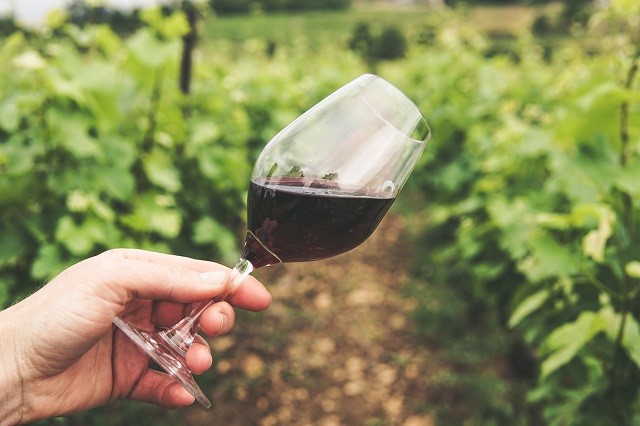Posted: Aug 24, 2020

While many can relate to a moment of engaging conversation with a friend over a glass of wine, how many can say a business came of it? Well, such was the case for Cameron Diaz, whose new clean wine brand Avaline sprouted from a very relatable moment with friend and co-founder Katherine Power.
“We were just talking one day and started to see that we were making all these efforts across our lives, from buying organic groceries to non-toxic personal care products to clean skincare, yet we were sitting here drinking wine and had never thought about it,” says Power, who also founded digital and consumer products company Clique Brands (which includes fashion company Who What Wear), in a phone interview with The Zoe Report. “We turned the bottle around and were reminded that there is no list of ingredients or nutrition facts on the label. And that set us off on a journey.”
While the two friends (who met through Diaz’s sister-in-law and Power’s longtime pal Nicole Richie) knew the gist of where wine originated from — grapes — everything else about the process was a mystery. And the fact that there wasn't much information to be found on packaging was concerning. “We both kind of came from this place of having never questioned what was in wine,” says Diaz to TZR. “We thought it must just be fermented grapes ... in a very naive way. We dug in a little bit deeper and found that there were up to 70 ingredients that were allowed to be used in the winemaking process.”
And while that number alone was surprising, the most shocking tidbit for the two women was that animal byproducts are included on this list. According to a 2018 article by Wine Enthusiast, animal products like egg whites can be used as a processing aid to speed up the wine clarifying process (known as fining). Other animal products like casein, gelatin, and isinglass (derived from the bladders of sturgeon and other fish) are sometimes used “to remove excess solids, off flavors, and excess phenolics (tannins in both red and white wines),” writes contributing editor Anne Krebiehl MW.
Diaz explains that it was a challenge to find wines free from these agents. “There was no information or labeling about how the wine was made. And even if we asked a sommelier at a restaurant or a sales person at a wine shop, they couldn’t really tell us or give us the answers we wanted.”
By Angela Mezero
Source and Complete Article: the Zoe Report
August 21, 2020
Go-Wine's mission is to organize food and beverage information and make it universally accessible and beneficial. These are the benefits of sharing your article in Go-Wine.com